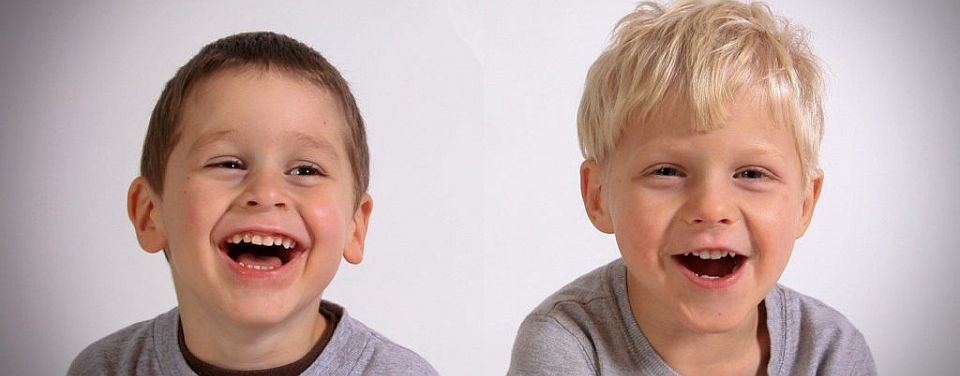Do you know your ABCs?
Most kids learn their ABCs at a very early age, but those aren’t the same ABCs that we’re talking about here. For any parent who wants a better approach to managing their kids’ behavior, they have to learn the ABCs of behavior. The ABCs of behavior are the (A)ntecedents, (B)ehaviors, and (C)onsequences. These are basic building blocks for understanding and managing behaviors, be you a parent or a teacher.
Behaviors:
Let’s start with the easy piece. Behaviors are simply actions, and some of these actions parents wish to increase and some actions parents wish to decrease. That’s where the Antecedents and Consequences come in; those are the general mechanisms that parents can use or modify to try to change a child’s behavior. Many parents have a working knowledge of Consequences (most think of consequences as only negative, but we’ll see there’s a lot more to it than that), however, they often overlook the effect of or helpfulness of the Antecedents.
Antecedents:
So, first things first. Antecedents occur prior to a behavior, and most of the time we, as parents, don’t recognize the importance of that piece. Antecedents can be many things, but common ones that parents do recognize is asking your child to complete a task (pick up your dirty clothes), or maybe start an activity (time for bed), another antecedent could be entering the check-out lane (lots of cool stuff there) – there are many, many others though. Some are helpful while some guarantee a bad outcome; let’s take a look:
-Prepare for Transitions: It’s often very helpful to provide your child with a countdown of upcoming transitions. If, for example, you want your child to start her homework, it’s better to give a bit of time to get ready for the transition. It’s better to give her a 10-minute transition warning than to just tell her it’s time to do her homework. You are more likely to get compliance and a smoother transition when you prepare the child to switch tasks. You can give her another warning of transition closer to time, and then transition on time. Be consistent in transitioning on time.
-Manage the Environment: If you are trying to have your child do something that requires focus and attention, it’s a good idea to remove distractions from the environment. Distractions vary child to child, but screens (TV, video games, phones, etc.) seem to be pretty consistently distracting, so if it’s time for homework, it’s a good idea to either remove the distractions or remove the child from the room that has the distractions. Kids diagnosed with ADHD, or those who have problems with attention and focus, almost always require parents to be in close proximity for a longer period of development. This is often quite frustrating for parents, but necessary to help the child maintain her or his task focus.
Consequences:
Consequences are what immediately follow behaviors and determine the likelihood that those behaviors will either be continued, repeated, increased, decreased, or whether they disappear all together. We get a little bit confusing when we start throwing phrases around like positive reinforcement, negative reinforcement, positive punishment (doesn’t mean it’s good), and negative punishment (doesn’t mean it’s bad).
In later posts, we’ll visit all these concepts in more detail. If you’re having significant problems and need help sooner, feel free to contact us at klass@utk.edu or 865-974-6177 if you have questions or need to schedule an appointment.
